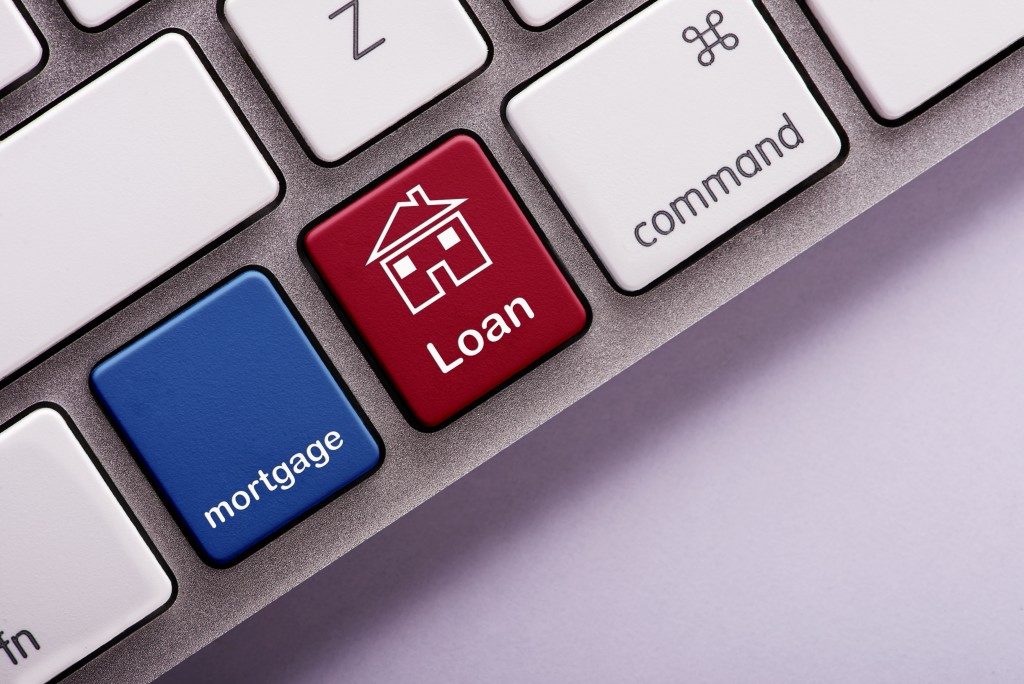Buying a home may be one of the biggest and most important decisions of your life. This is not something to take lightly. There are a lot of considerations to think about and certain factors to weigh.
Whether you’re looking at buying a home in West Virginia for the first time or you’re considering to refinance your home in Utah, your decision is affected by a lot of things. You don’t want to waste your hard-earned money on bogus deals. You would want to get the best deal that you possibly can on your mortgage.
Knowing the numbers is just the first step. You might have an idea of different mortgage and interest rates but finding the most ideal package goes beyond that.
Key Factors in Calculating Mortgage Rates
Online mortgage calculators are easily accessible now thanks to technology. It helps you make a well-informed and objective decision based on certain factors like:
Credit Score – This is the numeric expression of someone’s creditworthiness
Location – Each location have different mortgage rates
Loan Amount – This is the estimated market value of the property (sans your downpayment) or the remaining balance on the property you would like to refinance
Mortgage Points – One mortgage point is equivalent to 1% of the whole mortgage amount. There are two types of mortgage points, the discount points and origination points
Percent Down – The initial downpayment
Products – The type of mortgage you are considering
Purchase or Refinance – Purchase mortgages finance the acquisition of a property. Refinance, on the other hand, is replacing an existing loan for better terms.
4 Ways to Get the Best Mortgage Deals
1. Prepare early.
As mentioned, buying a home is a serious matter. It is not done on a whim. If you are serious about doing so, you need to prepare for it as early as you can. Other than house or mortgage hunting, you need to get your finances in order.
To be eligible for mortgage loans, you need to have an outstanding credit score. Most lenders will always look at a person’s credit history to see how well he or she does with loans and payments. In most cases, they require a minimum credit score of 700, while prime-rate mortgages need a 740 and up.
Pay those credit card bills on time and get rid of any personal debts as much as you can. An increase of 20 points in your credit score could be enough to get you more than a 0.25% increase in your rate. Inversely, the same could be said if your credit score goes down by 20.
2. Start looking beyond the interest rates.

While interest rates matter, look beyond them, See if there are any other fees or charges for penalties on refinancing or what the closing costs are. Closing costs generally are at 2% to 5% of your property’s total cost.
3. Know and understand what PMI is.
A PMI, or private mortgage insurance, is handy especially if your downpayment is below 20%. An initial downpayment of less than 20% of the property’s amount makes you a big risk for lenders and having a PMI makes you a safer bet for them.
The only downside to this is you’re the one paying for this to the amount of 0.5% to 1% of your loan annually.
4. Get a move on.
Don’t put things off. Once you find the best deal for you, you have to move fast. Certain interest rates and conditions are only good for a limited amount of time. If you take too much time weighing your options, the deal might have already slipped through your fingers. Don’t risk it by being indecisive.
Bottom line is that most of the preparations for getting the best possible mortgage deals take place way before you’re ready to take them on. Prepare yourself financially and do your research.




